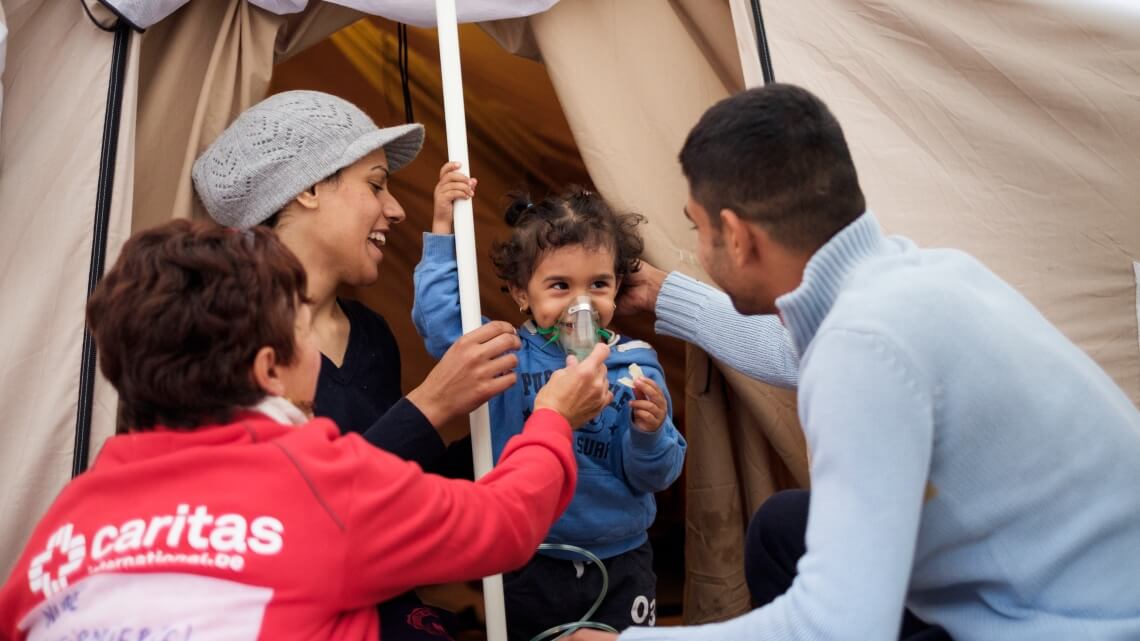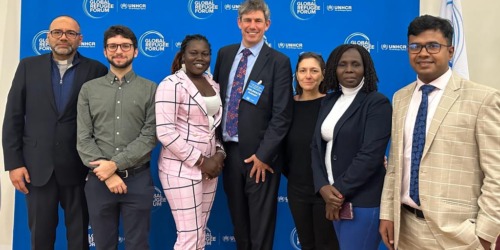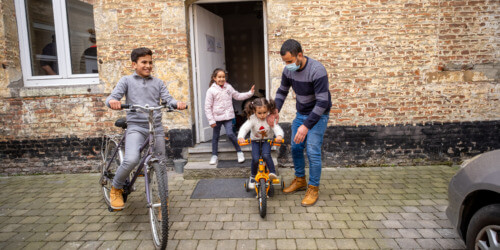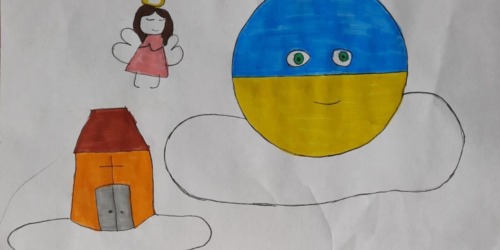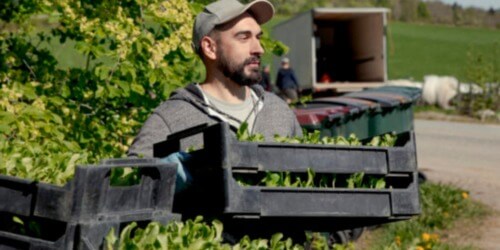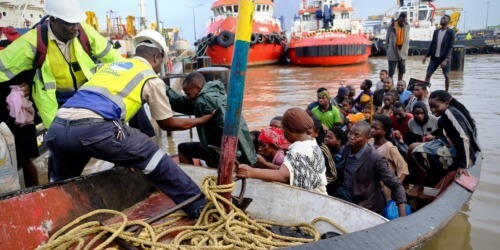Observers record more Afghans and families with young children as the situation in Lesbos is still very critical. Several boats have sank, carrying with them the lives of 42 people on board. It is clear that the search and rescue capacities in the area of the Aegean Sea must be strengthened and, above all, the legal channels must be improved so that refugees can reach Europe in a lawful manner, because behind these figures, is there not a story, is there not a life to be saved?
With the arrival of winter, the authorities of the countries concerned, as well as the United Nations High Commissioner for Refugees (UNHCR), are trying to improve reception conditions by increasing the number of emergency centers through supporting the various administrations to speed up the registration of persons at border posts and to assist those with special needs. Caritas has distributed food packs and mounted medical tents at key locations. On average, they receive about one hundred patients per day.
Barhang is a volunteer and a 6th year medical student at Debrecen University in Hungary. Originally from Iran but living in Hungary since childhood, he speaks Farsi, a very useful skill when he has to comfort some parents. “People come in waves,” he explains. “There are horrible periods, and then calm periods for several hours. You never know what’s going to happen. (…) The most serious case we have had to deal with here is that of a little girl in shock. Her heart did not pump blood properly, all her veins and arteries were dilated. She had no more blood pressure. I am not sure of the origin of all these symptoms. It could have been fatigue, prolonged stress, lack of water or food …”
Caritas International Belgium desires not only to lend a helping hand to all members of the network who are currently mobilizing to offer a dignified reception to all migrants who are arriving on their soil but also to prepare for the next wave of migrants to stay in emergency and accompany in the coming weeks. These actions will be carried out in the continuity of what has already been accomplished in recent weeks.
Can we still count on your support? A big thank you in advance!









